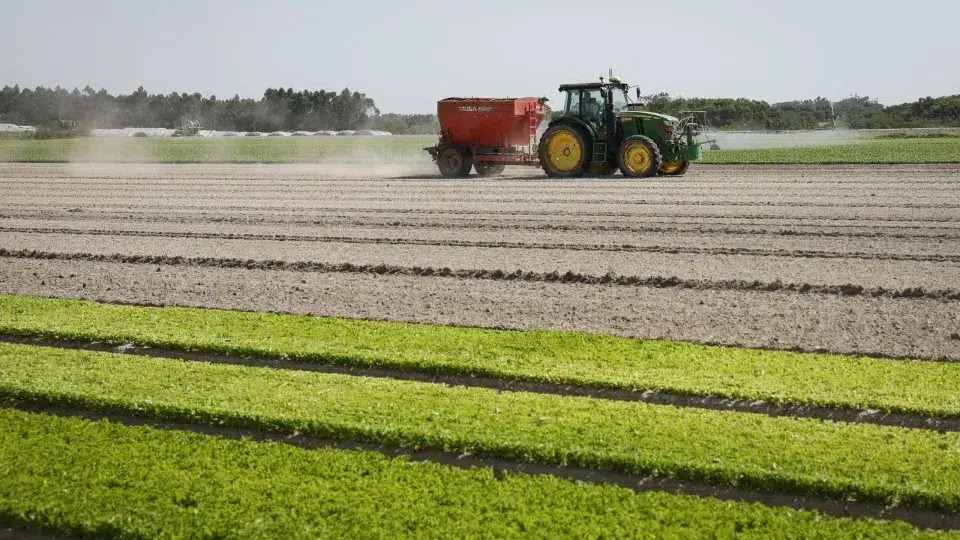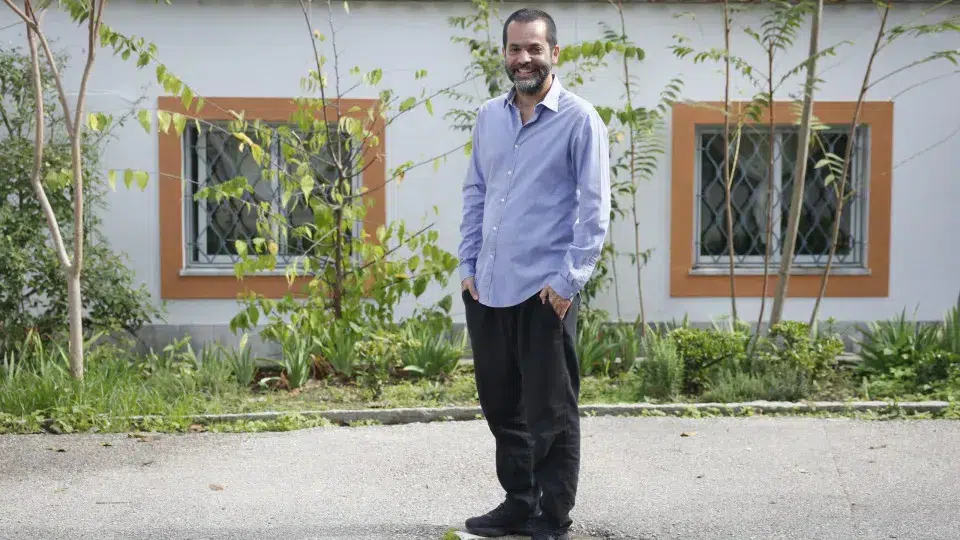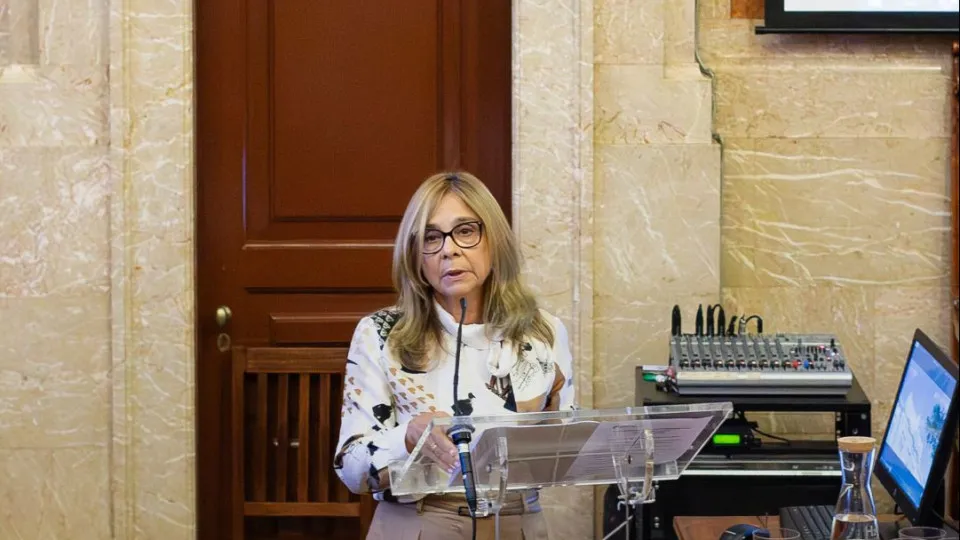
The simplification measures for the Common Agricultural Policy (CAP) could lead to annual savings of up to 1.6 billion euros for farmers and more than 200 million euros for the administrations of the Member States. However, formal approval by both institutions is still required.
MEP André Rodrigues (PS), who led the European Parliament’s political stance on simplifying the CAP, emphasized that a concrete response was achieved by simplifying the system and aligning it more closely with on-ground realities.
Rodrigues also highlighted that the agreement allows for the strengthening of programs for the outermost regions (POSEI) and environmental practices.
MEP Paulo Nascimento Cabral (PSD) noted that the text agreed upon by the co-legislators aims to “simplify procedures and improve the lives” of farmers, allowing them to remain in the fields “producing quality, sustainable, and affordable food for Europeans,” ensuring the sector’s attractiveness and the EU’s strategic autonomy, rather than being stuck in offices filling out redundant and unnecessary documents.
The approved text enhances simplified payments to small farmers, establishing a fixed amount of 3,000 euros (up from 1,250 euros), ensuring greater stability in fund access and providing more decision-making flexibility to national authorities, avoiding duplications and unnecessary administrative demands.
The agreement also stipulates new support of 75,000 euros for investments by small farmers and start-ups in the sector, and for the first time, allows the transfer of up to 25% of funds from the rural development pillar to POSEI.
The European Commission welcomed the political agreement reached on Monday evening on the CAP simplification package, aiming to reduce administrative burdens, simplify payment schemes, and enhance farmers’ competitiveness.
The co-legislators reached a provisional agreement on fundamental principles, notably that the adopted amendments simplify the applicable requirements for farms, better recognize diverse agricultural practices such as organic farming, simplify support for small and medium-sized farms, propose measures to increase competitiveness, including better access to financial tools, and increase Member States’ flexibility in managing their CAP strategic plans.




